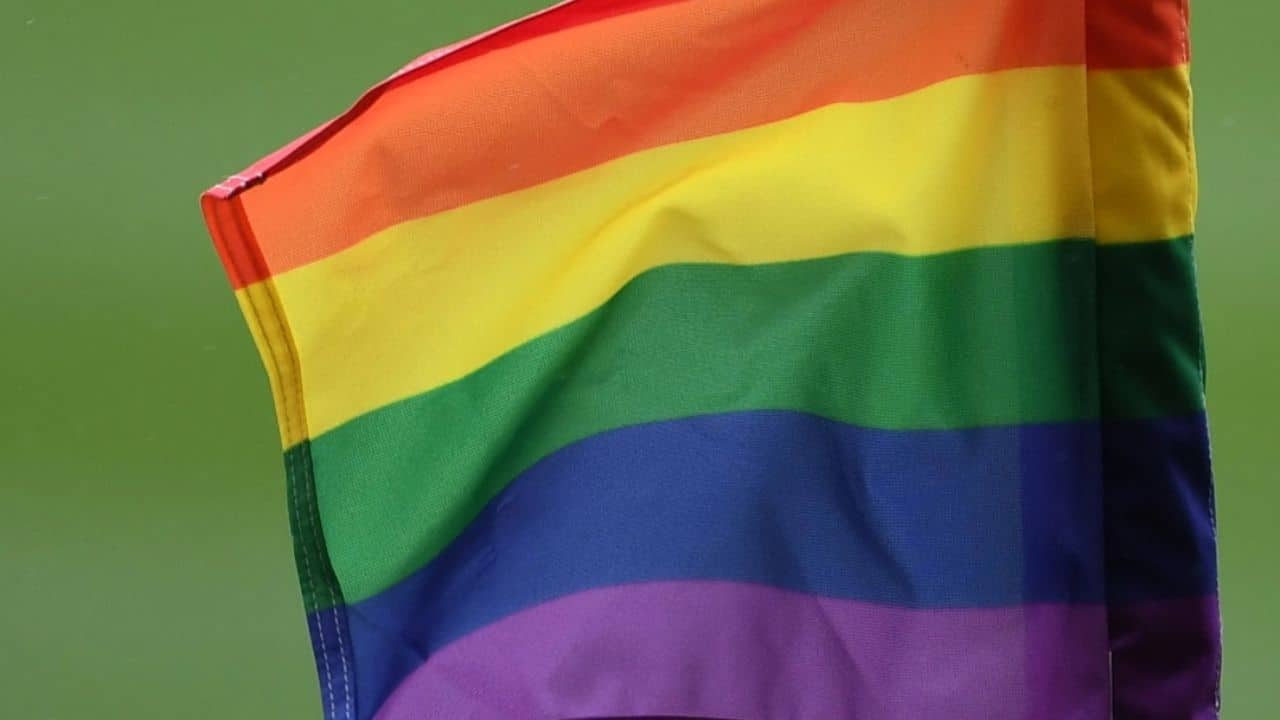Have a look at the meaning of the 2024/25 Rainbow Laces Campaign in the Premier League this season
Ipswich Town captain Sam Morsy is currently facing a lot of scrutiny after refusing to wear the rainbow armband in support of the Premier League’s Rainbow Laces campaign.
Morsy instead chose to wear a standard-issue armband during his side’s 1-0 loss to Nottingham Forest on Saturday.
What is the Rainbow Laces Campaign in the 2024/25 Premier League season and meaning explained of the colors in the captain’s armband
Outrage as Ipswich Captain Sam Morsy refuses to wear the LGBTQ rainbow armband due to his religious beliefs.
Sam represents Egypt and is a practising Muslim. pic.twitter.com/yet375XWAP
— 𝐄𝐫𝐢𝐦𝐮𝐬 (@HeDontMakeNoise) December 2, 2024
According to his club Ipswich, Morsy cited “religious beliefs” and went on to do the same for their game against Crystal Palace.
The Rainbow Laces campaign
The Premier League recently collaborated with the LGBTQ+ charity Stonewall to launch the Rainbow Laces campaign. It involves top-flight players wearing rainbow-coloured laces and captain’s armbands in support for the rights of LGBTQ+ people along with other attire specially designed for different teams by their kit manufacturers. The campaign also looks to inspire acceptance among children and young people while also promoting equality and diversity. Rainbow Laces first launched in 2013, and usually lasts for a week.
Rainbow-colored captain armbands were issued to the 20 Premier League clubs for matches last weekend and in the current midweek round, during the competition’s Rainbow Laces campaign in partnership with LGBTQ charity Stonewall.
The captain armbands represent the rainbow-striped Pride flag. In recent years, this flag has been updated and expanded to represent the intersectional diversity of lesbian, gay, bis*xual, transgender, queer, inters*x, as*xual, and Two-Spirit (LGBTQIA2-S) communities.
What do the colors represent?
- Red: life
- Orange: healing
- Yellow: sunlight
- Green: nature
- Blue: art & harmony
- Violet: spirit
Reason behind Morsy refusing to wear the armband
While it is not compulsory for captains to wear the armbands, Sam Morsy has received major backlash for refusing. Following the incident, the Ipswich skipper chose not to comment on his decision. However, the club issued a formal statement on Monday stating:
We proudly support the Premier League’s Rainbow Laces campaign and stand with the LGBTQ+ community in promoting equality and acceptance. At the same time, we respect the decision of our captain, Sam Morsy, who has chosen not to wear the rainbow captain’s armband due to his religious beliefs.”
Morsy’s decision sparks various reactions
Following Morsy’s controversial decision, he has garnered all kinds of reactions, including support from some and criticism from others. The Ipswich Town LGBTQ+ supporters’ group Rainbow Tractors stated:
While Rainbow Tractors were aware in advance of the decision, we are disappointed that Sam Morsy chose not to wear the rainbow armband in support of the Rainbow Laces campaign. We do, however, continue to respect his religious beliefs as we have done in previous seasons.”
Since Morsy cited religious beliefs as the reason behind his decision, it has also led to confusion and accusations of hypocrisy. This is because he has previously worn shirts promoting gambling sponsors. Notably, gambling is something that is forbidden according to Islamic law. UEFA executive committee member Laura McAllister, who is also a former captain of Wales, stated:
I think there has to be an element of individual choice, but I’m really disappointed because a captain represents the team, and the club, and everybody who is a fan of that club, and everybody who works at that club, and that will include a lot of LGBT people as well.”
Other similar situations
There have been several other similar incidents, like Sam Morsy and the Rainbow Laces campaign, in both the past and present. While Crystal Palace captain Marc Guehi wore the rainbow armband, he wrote the words ‘I [heart] Jesus’ across it. In response, the Football Association (FA) decided not to take any action against Guehi.
Just like Morsy, other footballers in the past have refused to participate in campaigns showing support for LGBTQ+ people. Sheffield United defender Anel Ahmedhodzic, who is also a Muslim, refused to wear the armband when he was captain for the Blades. In the French top two divisions as well, teams wore rainbow-themed shirts for one matchday per season. The decission, came as a move to support International Day Against Homophobia, Transphobia, and Biphobia.
However, a minority of the players refused to wear the shirts and participate in the campaign. Some players made themselves unavailable to play, and the clubs eventually had to leave them of matchday squads. Idrissa Gueye, who was with Paris St-Germain, got left out for two consecutive seasons due to his refusal to wear the kit. Owing to the controversies, the Ligue de Football Professional earlier this year announced that it would end the campaign.



